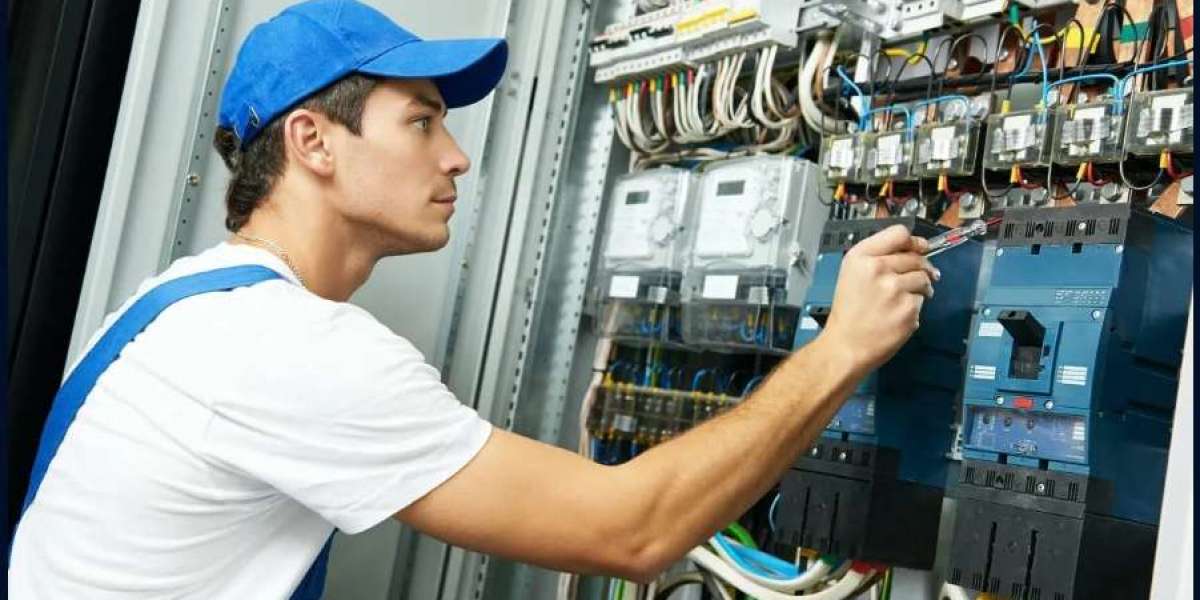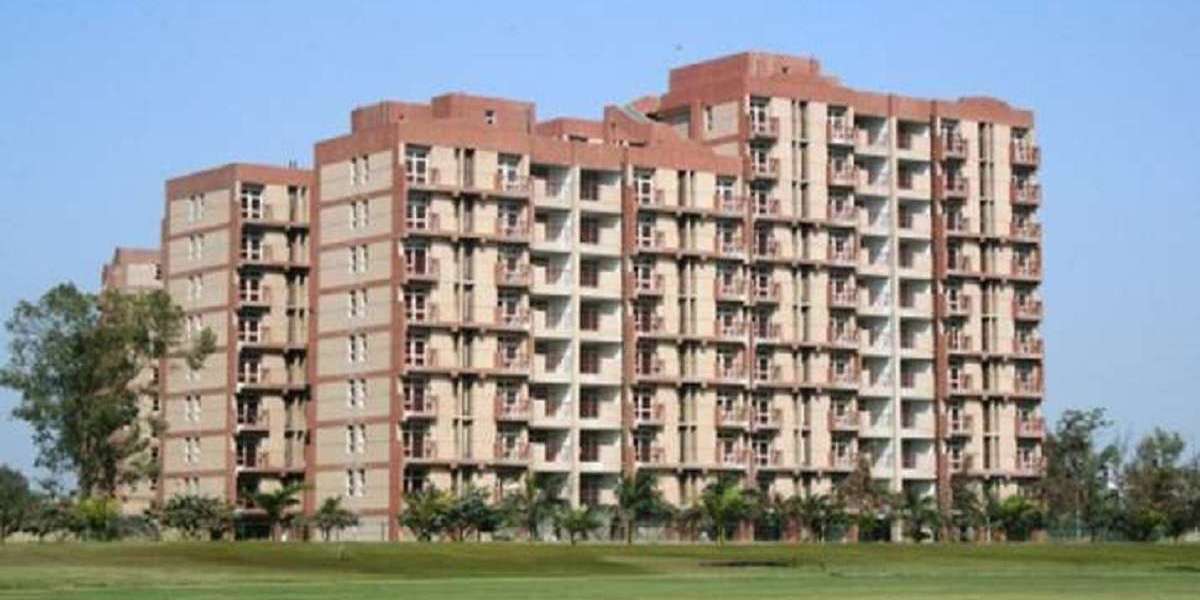Electrical systems in older homes may not be equipped to handle the modern demands of today's appliances and technology. Over time, the wiring, outlets, and circuits may wear down or become outdated, posing potential safety hazards. In this guide, we will cover some of the most common electrical issues found in older homes and offer solutions for addressing them. Whether you're a homeowner dealing with electrical issues or simply want to learn more about maintaining your home’s electrical system, this guide will provide you with valuable information.
Understanding common electrical problems and knowing how to fix them is crucial for maintaining a safe living environment.
Common Electrical Issues in Older Homes
Electrical issues can vary widely depending on the age of the home, the state of the wiring, and how well the electrical system has been maintained. Some issues are minor and easily fixable, while others require professional attention. Below are some of the most frequent electrical problems in older homes:
1. Outdated Wiring
Older homes often have outdated electrical systems that may not be equipped to handle modern power loads. Homes built before the 1960s may still have knob-and-tube wiring or aluminum wiring, both of which are not up to code for today’s electrical standards. Knob-and-tube wiring, for example, can be a fire hazard, while aluminum wiring is prone to overheating and can cause electrical fires.
How to Address It:
If your home has outdated wiring, it's important to replace it with modern copper wiring. This is a task best handled by a licensed electrician who can assess the existing wiring, make necessary upgrades, and ensure the system is safe and up to code.
2. Insufficient Electrical Outlets
In older homes, electrical outlets may not be sufficient to meet today’s needs. With so many modern devices like computers, smartphones, and televisions, homeowners are often left with too few outlets to accommodate their needs. This can lead to overloading circuits, which can result in electrical fires.
How to Address It:
Adding new outlets and circuits can solve this issue. An electrician can install additional outlets in key areas of your home, ensuring that circuits aren’t overloaded and that you have enough outlets for all your modern appliances and devices. They may also suggest upgrading your electrical panel to handle additional loads.
3. Circuit Overload
Older electrical systems may have smaller circuit panels that were designed for fewer appliances than what is used in a modern home. When you plug in too many appliances or high-power devices, it can lead to circuit overloads. This is often indicated by frequently tripped circuit breakers or blown fuses.
How to Address It:
Upgrading your circuit panel to a higher amperage can help accommodate modern electrical demands. An electrician can also install additional circuits to spread the load more evenly across your home, preventing frequent overloads.
4. Flickering or Dimming Lights
If your lights are frequently flickering or dimming, it could indicate a problem with the electrical wiring, a poor connection, or issues with the electrical panel. This is often more common in older homes where wiring may have become loose or degraded over time.
How to Address It:
Flickering lights can usually be solved by tightening connections in the electrical system. However, if the issue persists, it may be a sign of a larger problem, such as faulty wiring or an issue with your electrical panel. A professional electrician can inspect the wiring and panel and repair any issues causing the flickering.
5. Grounding Issues
In older homes, grounding systems may be inadequate or even nonexistent. Grounding is an essential part of any electrical system, as it helps protect people from electric shocks and ensures the proper functioning of electrical equipment. An ungrounded electrical system is a serious safety hazard.
How to Address It:
To resolve grounding issues, a licensed electrician can install grounding rods or upgrade the electrical system to ensure proper grounding. This may involve rewiring certain parts of the house or installing new grounding systems to meet modern safety standards.
6. Outdated Electrical Panels
Electrical panels, or circuit breaker boxes, are responsible for distributing power to different parts of the home. If your home still has an old fuse box or a panel with insufficient capacity, it can be dangerous. Older electrical panels may not be able to handle the electrical load of modern homes and can lead to tripped breakers, overheating, or even electrical fires.
How to Address It:
If you have an old fuse box or a circuit breaker panel that is frequently tripping, it is time for an upgrade. A modern electrical panel with a higher amperage rating can safely distribute electricity to the various parts of your home. An electrician will be able to replace the outdated panel and install a new one that meets your home’s electrical needs.
7. Malfunctioning Switches and Outlets
In older homes, switches and outlets can become worn down or damaged over time. You may notice that switches don’t work properly, or that outlets are loose or spark when devices are plugged in. These issues can be a fire hazard and should be addressed as soon as possible.
How to Address It:
Replacing old, damaged switches and outlets is a relatively simple and inexpensive fix. However, it’s important to ensure that the new fixtures are properly installed and that any underlying issues with wiring or grounding are addressed.
How to Prevent Electrical Issues in Older Homes
While some electrical issues may be unavoidable in older homes, there are steps you can take to reduce the risk of problems and ensure that your home’s electrical system remains safe and functional.
1. Regular Inspections
Have a licensed electrician inspect your electrical system on a regular basis, especially if you live in an older home. Routine inspections can help identify potential problems before they become serious issues. An inspection can include checking the wiring, electrical panels, outlets, and grounding systems to ensure everything is up to code.
2. Avoid Overloading Circuits
It’s important not to overload circuits by plugging too many appliances or devices into a single outlet. If you need to plug in multiple devices, use power strips with built-in surge protection, but never overload them. If you find that you don’t have enough outlets for your needs, have an electrician install additional outlets in key areas of your home.
3. Keep an Eye Out for Warning Signs
Be alert for warning signs that may indicate an electrical problem, such as frequently tripped breakers, sparks from outlets, or warm outlets. If you notice any of these signs, it’s important to address them quickly before they result in a fire or other hazards.
Conclusion: Addressing Electrical Issues in Older Homes
Electrical issues are common in older homes, but with the right knowledge and action, they can be addressed and fixed. If you’re experiencing any of the problems mentioned above, it’s essential to contact a professional to ensure the safety and functionality of your electrical system.
For homeowners in Middletown, Delaware, and surrounding areas, JPM Home Services is here to provide expert electrical repairs and upgrades. Don’t wait for a small issue to turn into a big problem. Call us today at (302) 598-6297 to schedule an inspection or repair.
FAQ
1. How do I know if my home’s electrical system is outdated?
If your home has a fuse box instead of a circuit breaker panel, knob-and-tube wiring, or you frequently experience tripped breakers or flickering lights, your electrical system may be outdated and in need of upgrades.
2. Can I upgrade my electrical panel myself?
Electrical panel upgrades are complex and require specialized knowledge and skills. Always hire a licensed electrician to perform this task to ensure it’s done safely and correctly.
3. What is the cost of upgrading electrical wiring in an older home?
The cost of upgrading electrical wiring depends on the extent of the work required. A professional electrician can provide an estimate based on the size of your home and the complexity of the project.
4. How often should I have my electrical system inspected?
It’s a good idea to have your electrical system inspected every few years, especially if you live in an older home. If you notice any issues, contact an electrician immediately for an inspection.
Conclusion
Addressing electrical issues in older homes is crucial to ensure safety and functionality. JPM Home Services offers expert electrical services in Middletown, Delaware, Maryland, New Jersey, and Pennsylvania. If you're dealing with outdated wiring, circuit overloads, or other electrical problems, don't hesitate to reach out. Call (302) 598-6297 to schedule an inspection today!







